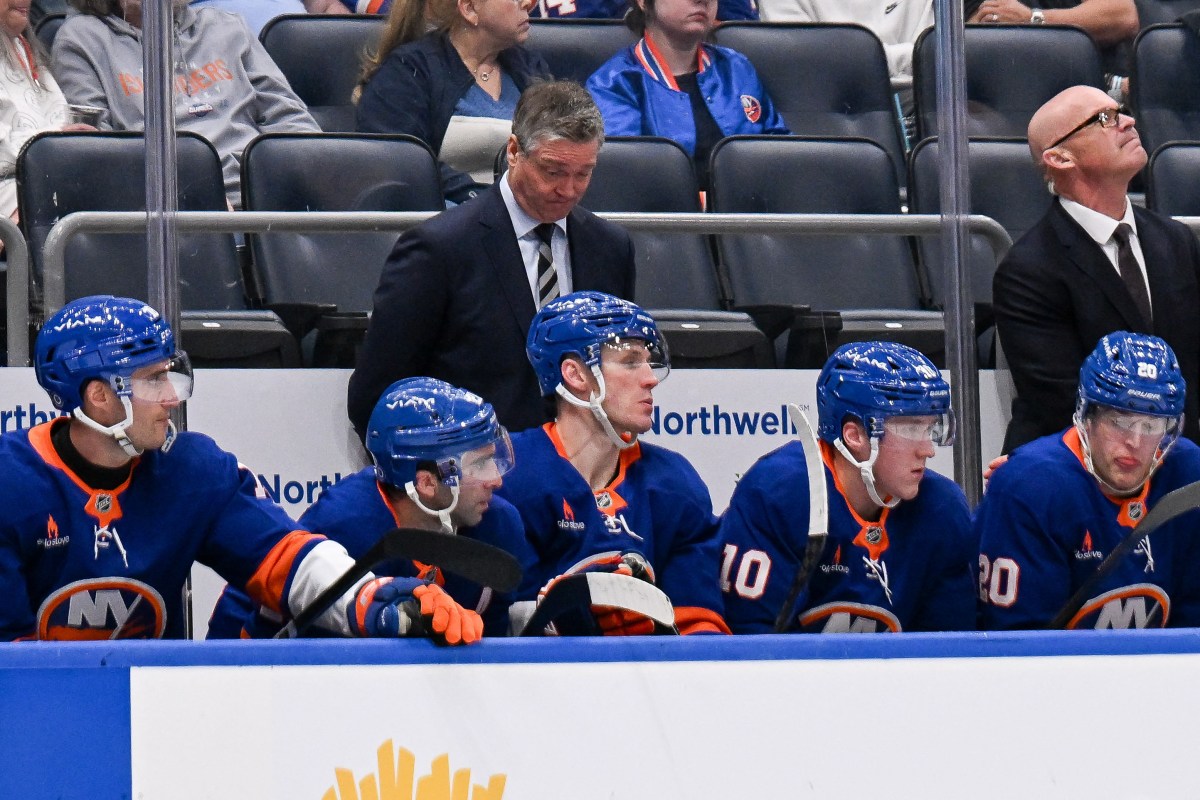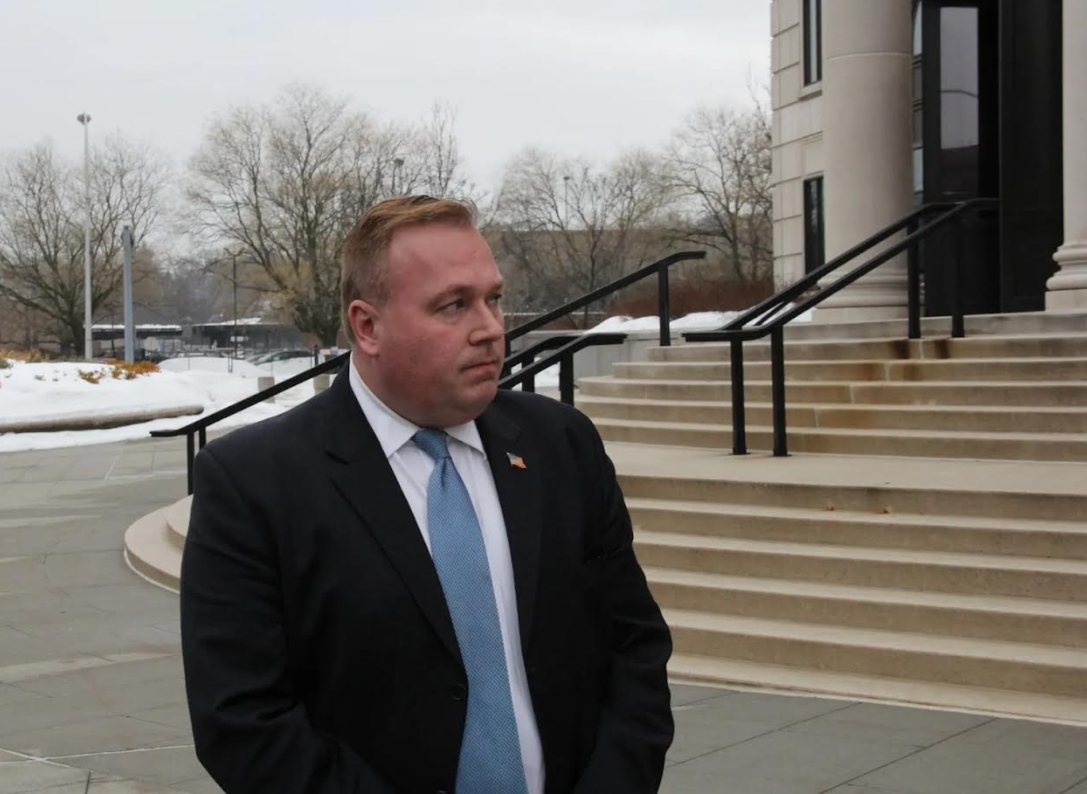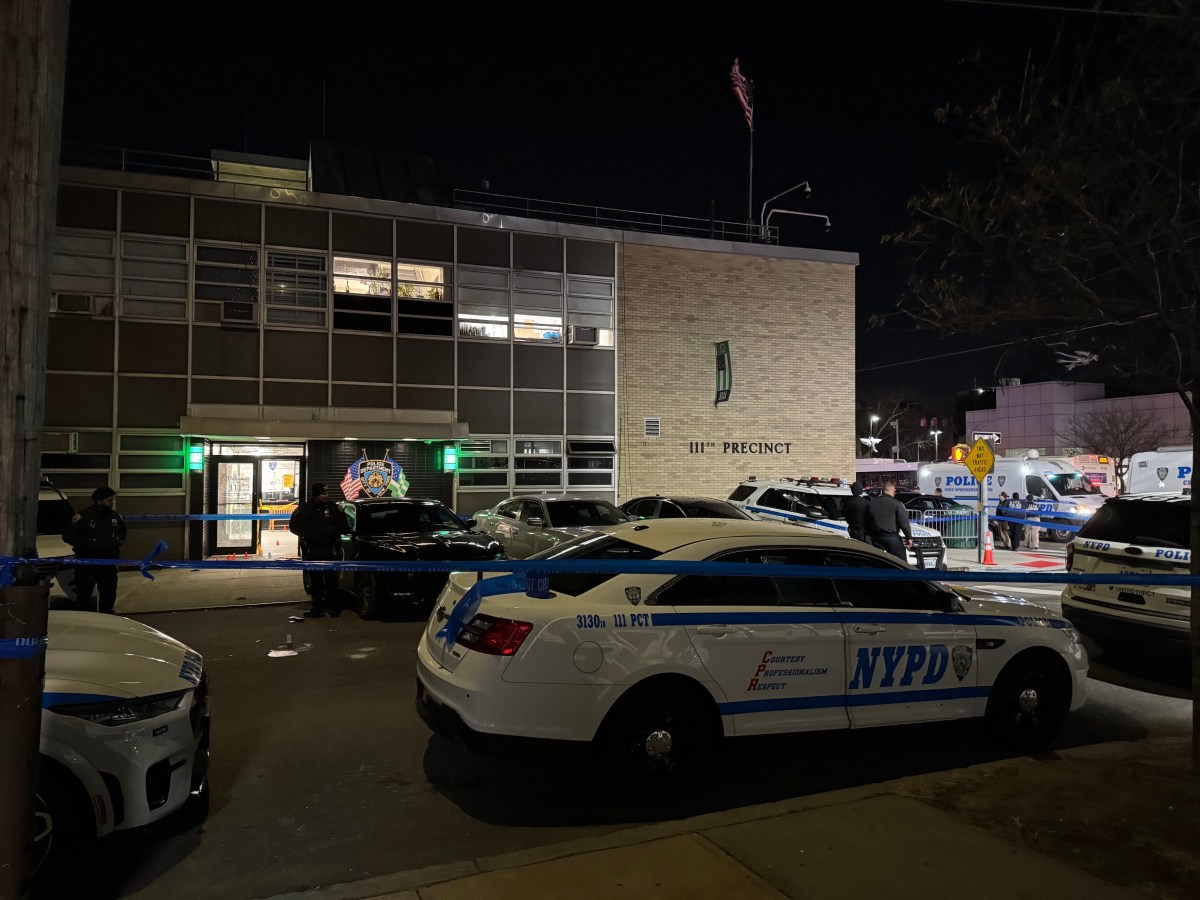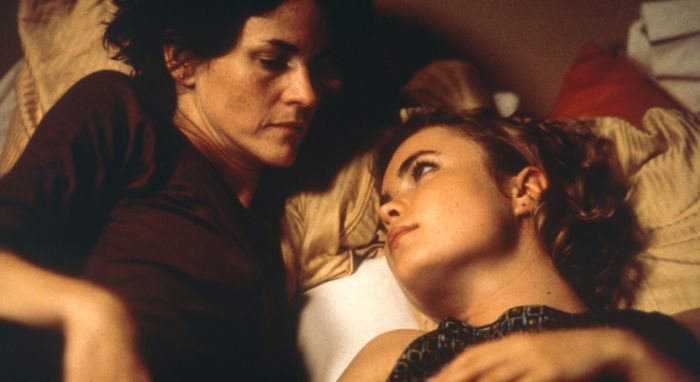There were key moments, Patrick Roy said, that sealed the New York Islanders’ fate in Tuesday’s 4–1 home loss to the Tampa Bay Lightning.
The key moment the Islanders’ head coach was referring to was his club’s abbreviated 5-on-3 power play opportunity in the second period, with the game tied at one and an essential two points on the line for a club on the outside of the playoff picture looking in.
And on that two-man advantage, as it had for the rest of the game and most of the season to date, the Islanders’ power play came up short. This unit, which ranks second-worst in the NHL with a 12.6% conversion rate, has continuously exposed the Islanders’ lack of offensive firepower — something that most playoff-bound teams, including the Lightning, have.
The Islanders subsequently gave up two goals later in the second period, which ended up being the difference makers in Tuesday’s loss. The club hasn’t won its last six games and now finds itself at the bottom of the list of playoff-hopeful teams, and five points back of the Montreal Canadiens — who beat the Florida Panthers on Tuesday — for the final playoff spot with eight games to play.
Here are Tuesday’s biggest takeaways.
Inability to capitalize on the power play
The referees gave each club five separate minor penalties, including the ones that overlapped to give New York their brief five-on-three.
On a rare night when Tampa Bay’s sixth-best power play did not score — despite the Islanders’ owning the league’s third-worst penalty kill — the Islanders threw away multiple chances to save their season.
Simply put: they weren’t very good. Tampa Bay played keep-away for the first 30 seconds of the Islanders’ advantage off an Emil Lilleberg holding minor. By the time they got their five-on-three, the Islanders’ unit hadn’t had many good chances to set up.
“We didn’t take advantage of it,” said Roy. “It’s too bad. There’s moments in the game where you need to clutch, and we didn’t do good enough on those power plays.
Added Roy: “When we make a mistake, we make a pretty good one.”
Bo Horvat had arguably his club’s best opportunity to strike on the man advantage, but couldn’t get a good shot off a cross crease back door pass.
“It just hasn’t been good enough all year,” Bo Horvat said about the Islanders’ lackluster power play. “That’s on us to make a difference.”
Most glaring is the Islanders’ inability to generate high-danger scoring chances. They had none on the power play the entire night, and gave up two. The Lightning registered three and gave up none.
Sometimes, you meet Goliath
This was an odd game in that, statistically, the Islanders weren’t dominated. At five-on-five, they were the better club throughout the night.
At even strength, New York generated more shot attempts — Corsi — than Tampa Bay did in all three periods. In the third period, the club held a Corsi For Percentage of 68% — a measure of how good they can be this time of year.
MoneyPuck’s “Deserve To Win O’Meter,” which simulates which club has a higher chance of winning a game depending on expected goals, and with each team having an average goalie in net, found that the Islanders won the game nearly 75% of the time after 1,000 simulations.
They outshot the Lightning 29–25 and generated 14 high-danger scoring chances during all situations compared to Tampa Bay’s 11.
But in facing the Lightning — a perennial playoff team with a core that has Stanley Cup-winning experience and is hungry for more — they ran into a lion in the jungle.
Tampa Bay’s stars — Brayden Point, Jake Guentzel, and Nikita Kucherov — each had two points and carried the mail for their club, as stars do. Andre Vasilevskiy maintained a .966 save percentage, and allowed just one of the Islanders’ 29 shots past him.
“He was really good,” Roy, one of the league’s greatest goalies of all time, said about Vasilevskiy. “He’s big out there, and it was hard for us to score that goal that maybe could put us back in the game.”
Anthony Duclair’s bad night
Roy did not hold back when he was asked after the game about Anthony Duclair’s performance.
Duclair played just 12:15 Tuesday, the third-lowest among Islanders forwards. He was minus-1, recorded three shots, one blocked shot, a hit, and a giveaway. He did not factor into New York’s only goal of the evening.
“He was god-awful,” said Roy. “He’s lucky to be in the lineup. He’s not skating, he’s not competing, he’s not moving his feet.”
Roy added that he felt it was an “effort” thing.
Duclair has seven goals and 11 points in 44 games played for the Islanders this season.
What’s next?
The Islanders’ playoff chances have now dipped to 8.5%, according to MoneyPuck. With six of their final eight games coming against playoff or playoff-hopeful teams, the players have to accept two things: their season is more than likely over, and their team is just not good enough.
In previous seasons, the Islanders have excelled in this stretch of the season. They went 8–0–1 last April to surge into the playoffs. In 2023, after the Horvat trade, they went 8–3–1 in March. They enjoyed a 7–3–1 stretch this season from late February through the middle of March, but that just hasn’t been enough this season. Mathew Barzal’s lengthy absence due to injury hasn’t helped, but the rest of the lineup just isn’t talented enough to score its way out of the lull.
“It just wasn’t enough push,” said Horvat. “We had a couple of good shifts, a couple chances here and there, but again, it’s just a lack of pushing the third.”
Ryan Pulock, a defenseman who is in his tenth season on Long Island and has been a part of many playoff runs with the Islanders, said he had to lean on that experience and that it was on the whole room to dig deeper.
“Eight games left,” said Pulock. “There’s 16 points there for us and we can only control those games. It’s up to us in here to find a way to go win those games.”
The Islanders are back in action at home Friday evening, when they host the Minnesota Wild at UBS Arena. Puck drop is at 7:30 p.m. ET.



































